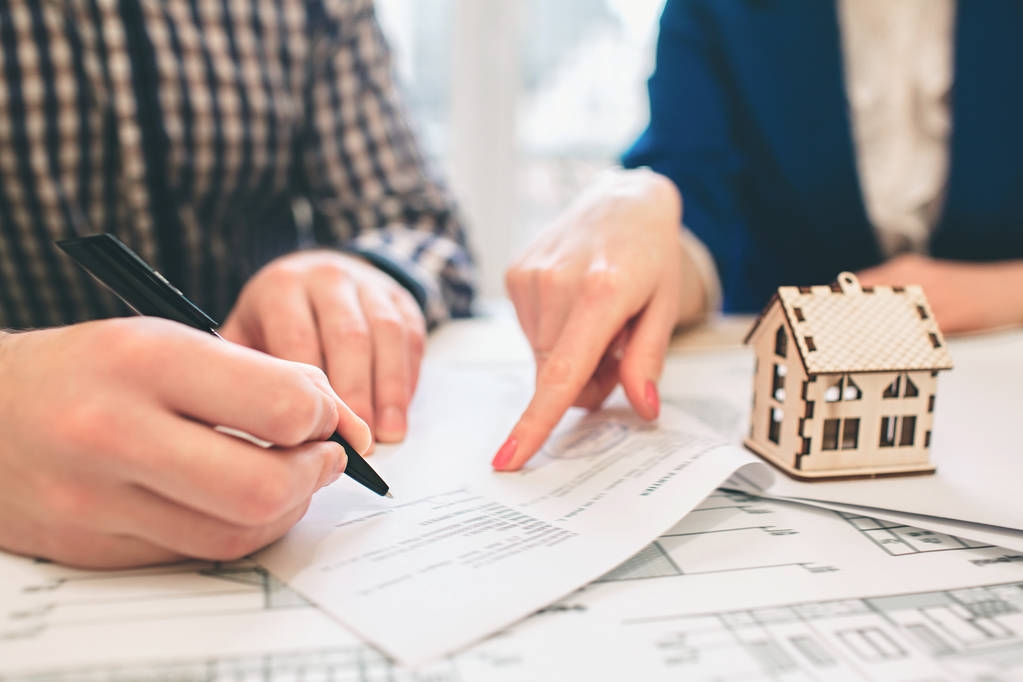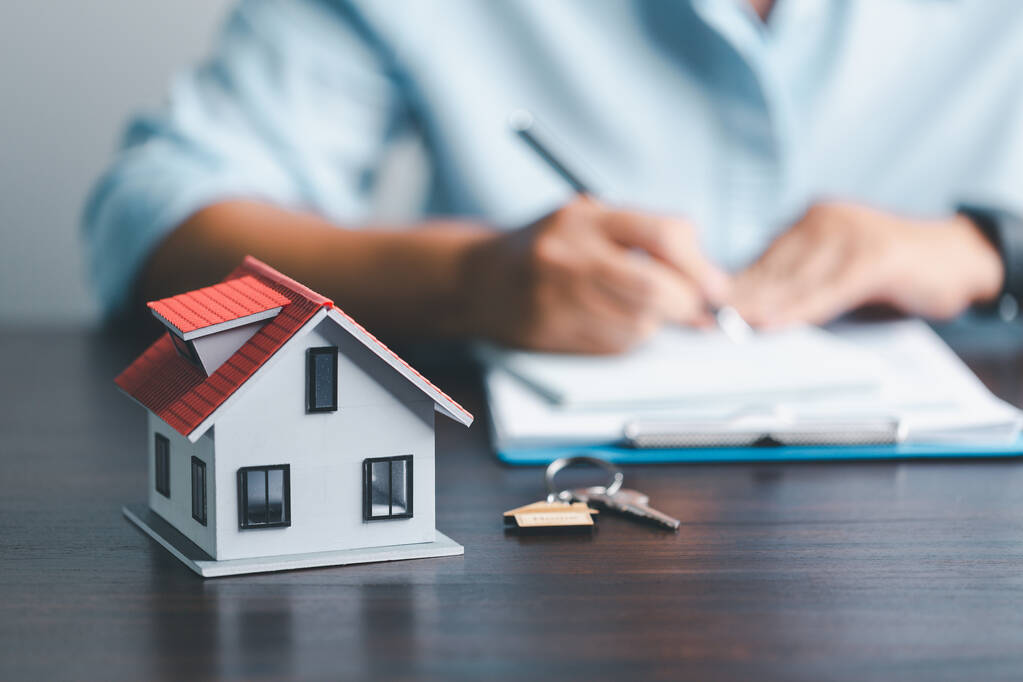Renting your first apartment is an exciting milestone. However, it can also be a bit overwhelming, especially when it comes to understanding and managing all the associated costs. If you’re a first-time renter or someone looking to keep a close eye on their budget, this guide will walk you through every essential and hidden expense you might encounter. By the end, you’ll have a clear roadmap to ensure you’re financially prepared for apartment living.
Introduction
We’re here to demystify the world of rental expenses for first-time renters and budget-conscious individuals. Renting an apartment involves more than just paying rent each month. There are upfront costs, ongoing monthly expenses, and even hidden fees that can catch you off guard. This blog post will help you understand these common expenses so you can plan your rental budget effectively.
Essential Upfront Costs

When you’re considering renting an apartment, there are a few key expenses you’ll need to pay upfront.
Security Deposit
The security deposit is a standard requirement when renting an apartment. This amount is usually equivalent to one or two months’ rent. It serves as a financial cushion for the landlord in case of damage to the property or unpaid rent. Make sure to budget for this upfront cost and remember that you may get it back at the end of your lease if you take care of the apartment and fulfil your lease obligations.
First Month’s Rent
It’s common practice for landlords to require the first month’s rent in advance. This ensures that you have secured your place in the apartment. This payment is typically made when you sign the lease agreement. Plan to have this amount ready alongside your security deposit.
Application Fees
Before you can move into your new apartment, you will likely need to pay an application fee. This fee covers the cost of processing your rental application, including background and credit checks. Application fees can range from £30 to £100, so it’s wise to inquire about this cost ahead of time.
Monthly Rental Costs

Once you’ve moved in, you need to account for ongoing monthly expenses in your budget.
Rent
The most obvious and significant monthly expense is rent. This amount can vary widely depending on the location, size, and amenities of the apartment. To avoid financial stress, make sure to select a rental rate that fits comfortably within your budget.
Utilities
Utilities are another crucial part of your monthly rental costs. These typically include electricity, water, gas, and sometimes internet and cable services. Utility costs can fluctuate based on your usage and the season. It’s helpful to get an estimate from either the landlord or previous tenants to plan your budget accurately. It can also pay off to do your own research. As well as being helpful for budgeting in advance, taking the time to compare home internet providers or electricity costs can help you to keep costs down while you rent. For instance, many electricity providers will offer a discount if you also open a gas account with them, while internet providers typically have deals in place if you sign up for the full term of your tenancy. Each option can add security, and cost savings, to your tenancy journey.
Renter’s Insurance
Renter’s insurance is often overlooked but is an essential part of protecting your belongings and safeguarding against potential liabilities. This insurance covers things like theft, fire, and other damages. The monthly premium is usually affordable, ranging from $10 to $30.
Hidden Expenses
In addition to the obvious costs, there are several hidden expenses that can catch you by surprise.
Pet Fees
If you have pets, be prepared for additional costs. Many landlords charge pet fees or deposits to cover potential damage caused by animals. These fees can be non-refundable and might be charged monthly or as a one-time payment.
Parking
Parking can be another hidden expense, especially in urban areas. Some apartments charge for parking spaces, which can add $50 to $200 to your monthly expenses. Make sure to ask about parking fees before signing your lease.
Late Payment Fees
Life can get busy, and sometimes you might forget to pay your rent on time. Many leases include late payment fees, which can be a significant expense if you’re not careful. Set reminders or automate your payments to avoid these unnecessary costs.
Tips for Budgeting

Proper budgeting can make apartment living more manageable and enjoyable. Here are some practical tips to help you stay on top of your finances.
Compare Your Providers
When it comes to some utilities, you may not have much of a choice; you may be locked into whichever your landlord has chosen for the property. Some, however, like your internet provider, can typically be changed. When choosing an internet provider, managing your costs is important, but you also want to ensure that you have a connection with the speed and reliability that you need. You can run a speed test to serve as a baseline, comparing it with what others offer to make sure that you’re not making a big downgrade when you choose a cheaper package.
Create a Detailed Budget
Start by listing all of your income sources and fixed monthly expenses, including rent, utilities, and insurance. Then, allocate funds for variable expenses like groceries, transportation, and entertainment. Having a clear picture of your finances will help you manage your money more effectively.
Stick to the 50/30/20 Rule
The 50/30/20 rule is a popular budgeting method to help you manage your finances. Allocate 50% of your income for necessities (rent, utilities, groceries), 30% for discretionary spending (eating out, hobbies), and 20% for savings and debt repayment. This rule ensures that you’re covering all your bases while also setting aside money for the future.
Monitor and Adjust
Review your budget regularly to track your spending and make adjustments as needed. Life circumstances and expenses can change, so it’s important to stay flexible and adapt your budget accordingly.
Conclusion
Renting an apartment comes with various expenses, both obvious and hidden. By understanding these costs and implementing effective budgeting strategies, you can enjoy your new home without financial stress. Being proactive and informed will help you manage your rental budget like a pro.
Frequently Asked Questions
What should my budget be for an apartment?
Your budget should ideally follow the 50/30/20 rule, with 50% of your income allocated to necessities like rent. To maintain financial stability, ensure that your rent does not exceed 30% of your monthly income.
What is the 50/30/20 rule?
The 50/30/20 rule is a budgeting method where you allocate 50% of your income to necessities, 30% to discretionary spending, and 20% to savings and debt repayment. This helps you manage your finances effectively while ensuring you save for the future.
What is the most expensive utility for an apartment?
Electricity is typically the most expensive utility for an apartment, as it powers essential appliances and heating/cooling systems. Costs can vary based on usage and season, so it’s important to monitor your consumption.
Ready to take control of your rental expenses? Start creating your budget today and enjoy a stress-free apartment living experience.

